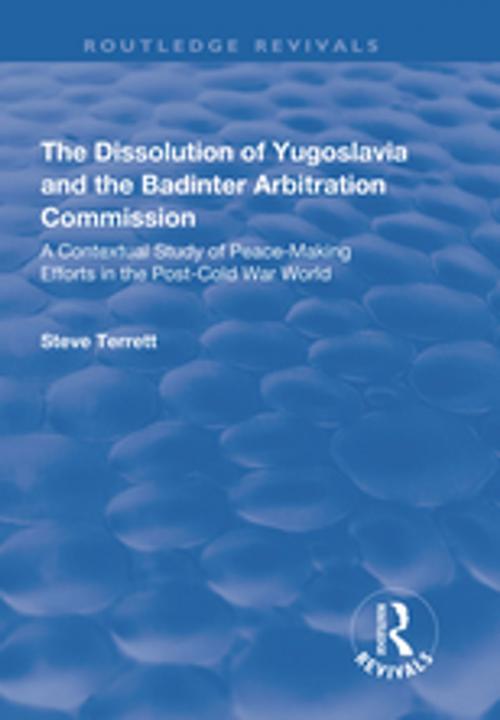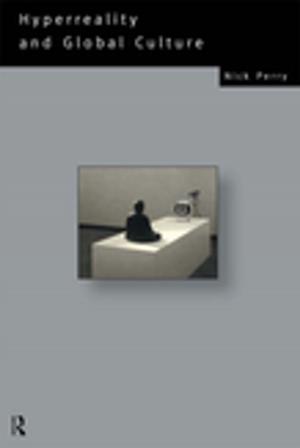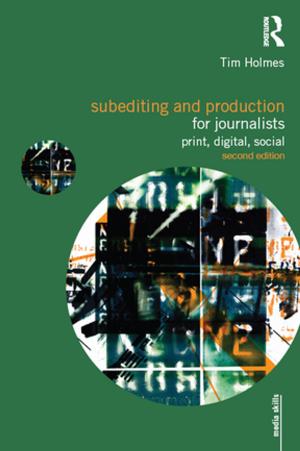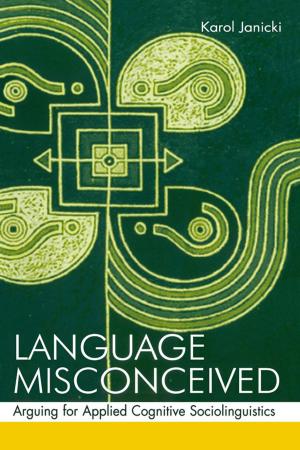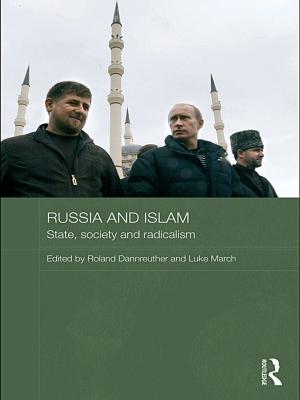The Dissolution of Yugoslavia and the Badinter Arbitration Commission
A Contextual Study of Peace-Making Efforts in the Post-Cold War World
Nonfiction, Reference & Language, Law| Author: | Steve Terrett | ISBN: | 9781351762861 |
| Publisher: | Taylor and Francis | Publication: | November 22, 2017 |
| Imprint: | Routledge | Language: | English |
| Author: | Steve Terrett |
| ISBN: | 9781351762861 |
| Publisher: | Taylor and Francis |
| Publication: | November 22, 2017 |
| Imprint: | Routledge |
| Language: | English |
This title was first published in 2000: Yugoslavia’s dissolved at a time when rhetoric of the New World Order was firmly established in legal and political discourse. Nevertheless, the largely positive appraisal of international law’s response to the Iraq - Kuwait conflict has not been mirrored in relation to Yugoslavia. This book evaluates the peace-making efforts of the major institutional actors, whilst focusing specifically on the Badinter Arbitration Commission, an ad hoc EC-created organ required to provide legal advice on the issues surrounding Yugoslavia’s dissolution. Initially composed of constitutional lawyers, aiming to redraft Yugoslavia’s constitution, the Commission soon faced problems of public international law. Its’ jurisprudence challenges international lawyers to reassess their state-centric conceptions of international law in a world where most conflicts, war crimes and human-rights abuses exist within rather than between States. This book is vital reading for anyone interested in international law, international relations, politics and central/eastern European studies.
This title was first published in 2000: Yugoslavia’s dissolved at a time when rhetoric of the New World Order was firmly established in legal and political discourse. Nevertheless, the largely positive appraisal of international law’s response to the Iraq - Kuwait conflict has not been mirrored in relation to Yugoslavia. This book evaluates the peace-making efforts of the major institutional actors, whilst focusing specifically on the Badinter Arbitration Commission, an ad hoc EC-created organ required to provide legal advice on the issues surrounding Yugoslavia’s dissolution. Initially composed of constitutional lawyers, aiming to redraft Yugoslavia’s constitution, the Commission soon faced problems of public international law. Its’ jurisprudence challenges international lawyers to reassess their state-centric conceptions of international law in a world where most conflicts, war crimes and human-rights abuses exist within rather than between States. This book is vital reading for anyone interested in international law, international relations, politics and central/eastern European studies.
